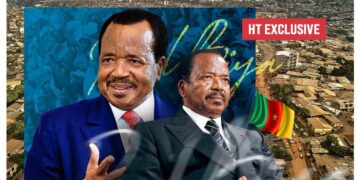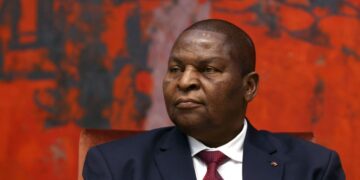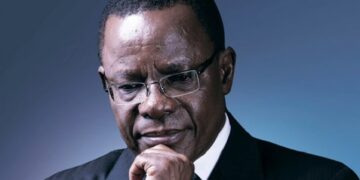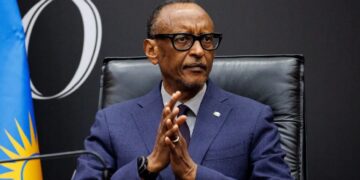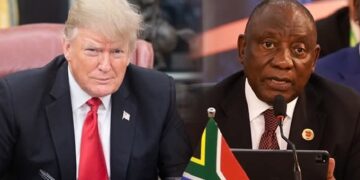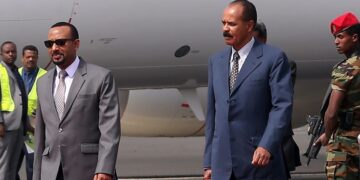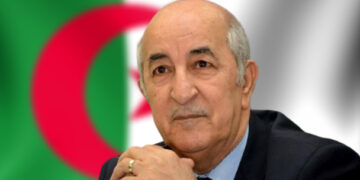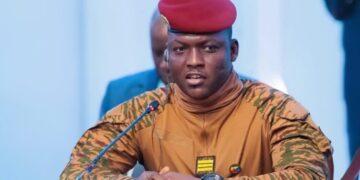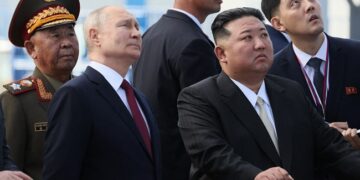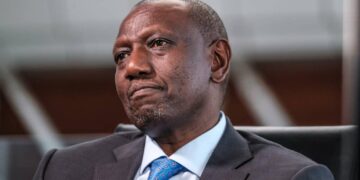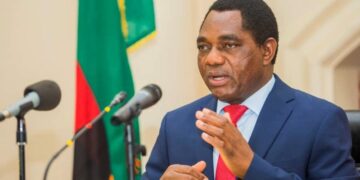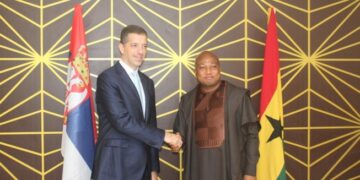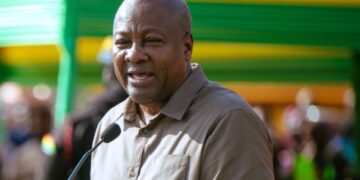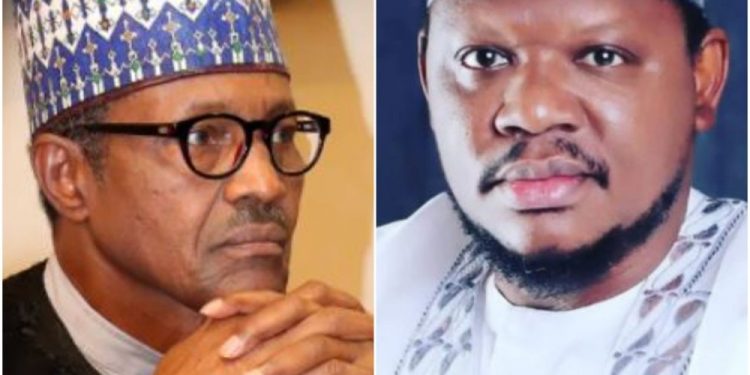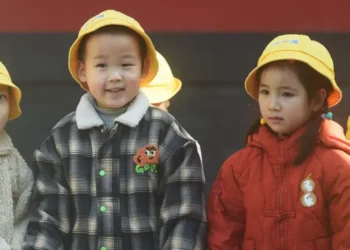A recent document obtained by People’s Gazette has uncovered how Nigeria’s President, Muhammadu Buhari splashed public funds on Adamu Garba’s social media platform, ‘Crowwe’ to fight microblogging giants, Facebook and Twitter.

Garba had been actively trying to push for the regulating of the Nigerian social media, as well as promoting his social media app, Crowwe. He had also sued Twitter over alleged involvement in the #EndSARS protest in 2020 and supported the recent Twitter ban.
But according to the document, the fund was given to Garba with the hope that his platform would help the government dominate internal narratives, while squaring an ardent challenge to Facebook and Twitter for the Nigerian audience.
This mission unfortunately failed, as the Crowwe app was flagged by many Nigerians over intellectual property rights, as well as privacy policy breaches. In addition, Garba’s Instagram and Facebook accounts were also deleted.
The bank documents obtained showed a transfer of funds from the Central Bank of Nigeria (CBN) to Mr Garba’s IPI Solutions, a software engineering firm run by Mr Garba. The company developed and deployed the Crowwe social media app.
The CBN on May 21, 2019, transferred N136.8 million to Mr Garba’s IPI Solutions, the documents said, marking one of several transfers that sources said the Buhari regime advanced to Mr Garba in the course of building the Crowwe app.
Although a major beneficiary of the social media storm that weakened the ex-President Goodluck Jonathan administration and amplified the opposition’s messages ahead of the 2015 presidential election, Mr Buhari has relentlessly rallied against the negative influence of social media since coming to power. After realizing the enormous control that social media has in shaping public opinion, even amongst citizens with little education or financial ability to be on the Internet, thus, the Nigerian president, started introducing different tactics to regulate online speech.
A few months after assuming office in 2015, members of his ruling APC pushed a so-called social media bill that civil liberties campaigners said was too offensive to be accepted in a democratic system. The bill was summarily defeated, but the government pushed at least two other similar bills, including one that proposed death penalty for online speech, that were defeated under the Bukola Saraki-led parliament.
But shortly after narrowly securing a second term, Mr Buhari agreed with his aides that it was necessary to control social media, according to sources familiar with the matter. Several ways to ensure that the government’s message dominated the public space with little to no pushback from citizens were suggested.
“It was while the government was trying to find ways to control the media space that Adamu Garba’s company was picked as one of the promising businesses that could proffer solutions,” an administration official said. “The seriousness of controlling social media cannot be overplayed,” the official added.
Mr Garba earned instant name recognition in 2018 after showing interest in running for president against Mr Buhari. He summarily abandoned his campaign and became a recognizable voice in support of the president. The regime provided hundreds of millions to Mr Garba’s firm in anticipation that its Crowwe platform would make a sufficient dent on the appeal of Facebook and Twitter, officials briefed on the matter said under our policy on anonymous sources.
But two years after funding began and several months after Crowwe was introduced to the public, the app has not appealed to Nigerians on the scale expected by both the regime and its developers. Only a few thousands users have signed up, and even then the app has been riddled with complaints around its functionality.







